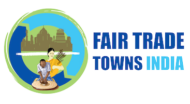What is a Fair trade town?
The Fair Trade Towns movement was launched in 2001 in Garstang, Lancashire, under the initiative of Bruce Crowther.
The core principle of the Fair Trade towns movement is to engage actively with Consumers, Business, Educational Institutes, Local grocery stores, café and restaurants in supporting producers, raising awareness and campaigning for changes in the rules and practice of conventional trade.
It is a collective movement of the people to bring social equality and environmental sustainability.
Fair trade Towns acts as a convening space for co-creating alternative pathways forward.
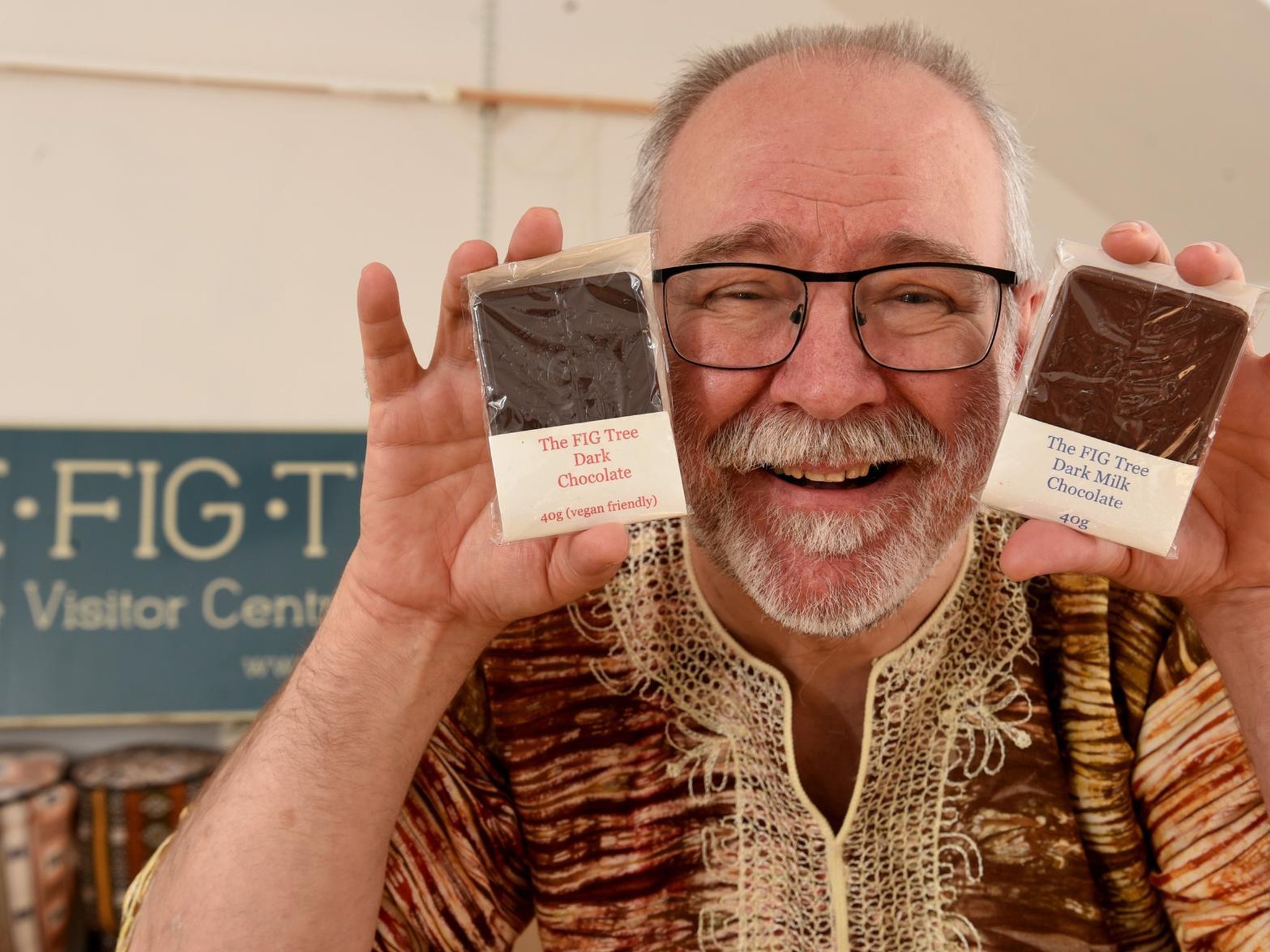
Today we have reached:
2022
Total Fair-trade Towns
39
Countries connected
14
Capital cities involved
2
Fair-trade Nations
2000+
Fair-trade Schools
500+
Fair-trade Universities
1000+
Fair-Trade Workspaces
13
Annual conferences hosted
Model Implemented in Fair Trade Towns India:
- The “Big Tent” Model
- The “Big Tent” approach is an inclusive model that works to promote and drive sales of a wide range of Fair Trade products. The “Big Tent” promotes the 2 global Fair Trade movements Fairtrade International and WFTO.
- This approach will support and promote all stakeholder at local and national level. In India, a National Steering Committee (NSC) will represent the grassroots Fair Trade Towns movement as strategic advisors and also play a governance role to ensure the integrity of the overall Fair Trade Towns framework and also ensure that the views of the grassroots are reflected in their wider work.
- Non-certified and other Fair Trade initiatives, including Fair Trade shops are nonetheless important actors in the Fair Trade Towns networks and are frequently involved at local level in the activities of campaign groups and recognized as an important part of the campaigning narrative for Fair Trade Towns, although non-Fair Trade certified products are not a requirement within the goals for Fair Trade Towns.
- One specific area where the NSC holds governance is with regards to what certifications or organizations count as officially Fair Trade for the purposes of the criteria over and above Fairtrade International and WFTO.
- In addition to systems, the NSC contributes to the development of the strategic plan and the direction of the Towns campaign in the country, nominates and selects new NSC members, assists in the delivery of strategic goals and directives, provides regional and network support to Town campaigns across the country and works closely with staff to grow and strengthen the campaign nationally.
Ownership of the campaign
Fair Trade Towns is essentially a people’s movement with true ‘ownership’ at the grassroots. To ensure credibility however, local campaigns have been facilitated by several different national organizations or a coalition.
Each national campaign is represented at the international level by a National Fair Trade Towns Coordinator. For the Fair Trade Towns India Anjali Schiavina the CEO of Fair Trade Towns India has been appointed as the National Fair Trade Towns Coordinator.
The main task of the coordinator at the international level is not one of management, but one of facilitating mutual learning.
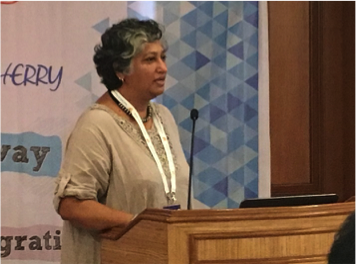
Main objectives for the National Fair Trade Towns Campaign

Inspiring, learning and collecting best practices to use for both established and emerging Fair Trade Town campaigns in order to build a strong national campaign. Empowering and assisting campaigns in other Towns in order to promote awareness of Fair Trade.
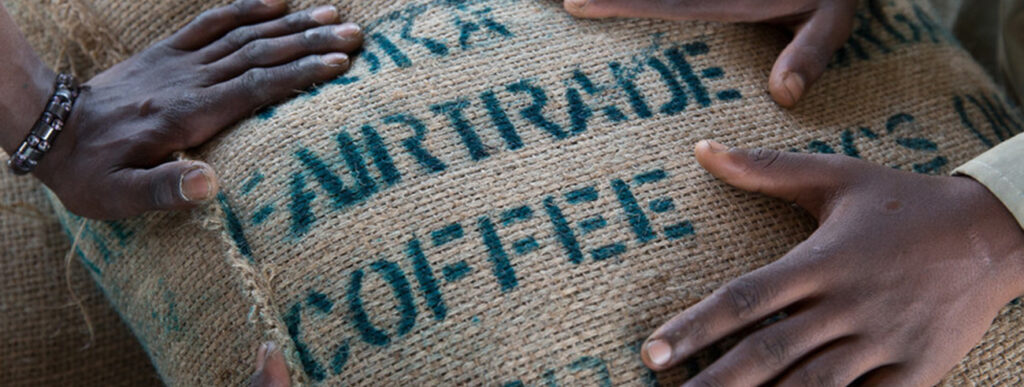
To develop and protect the concept of Fair Trade Towns while maintaining common ground and an identity based on the five founding goals and additional goals can be created on need base.
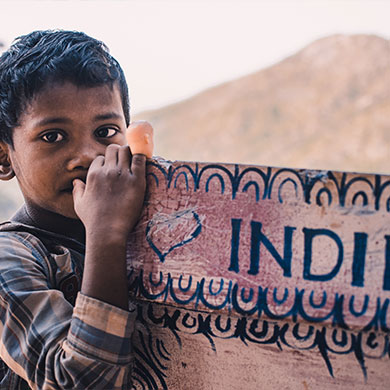
To encourage campaigns to adopt an inclusive model for Fair Trade Towns and promote better understanding of the ‘Big Tent’ approach.
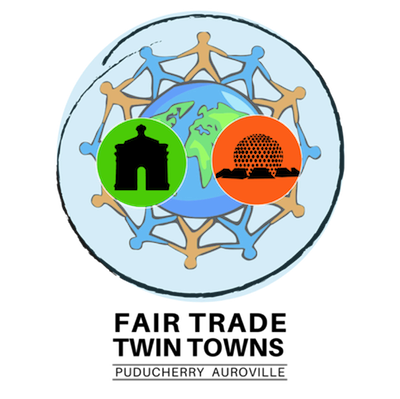
Building a movement of national Fair Trade Town campaigns that will support policies for fair trade and trade justice in particular by the development of ethical public procurement as well as advocacy for Fair Trade.
